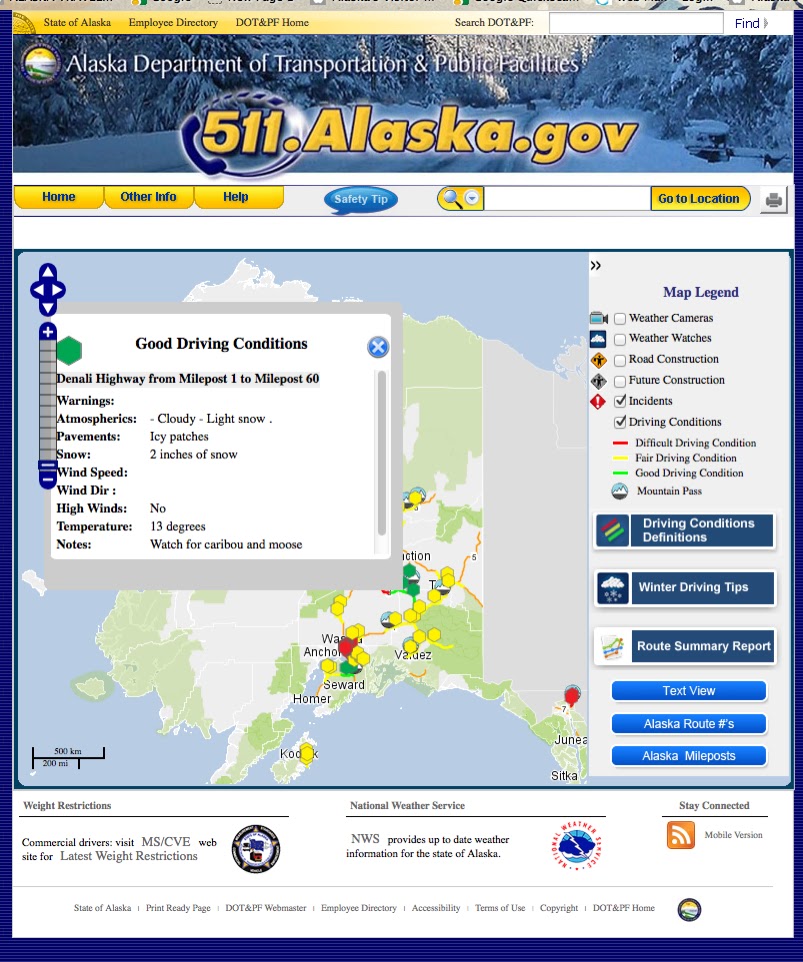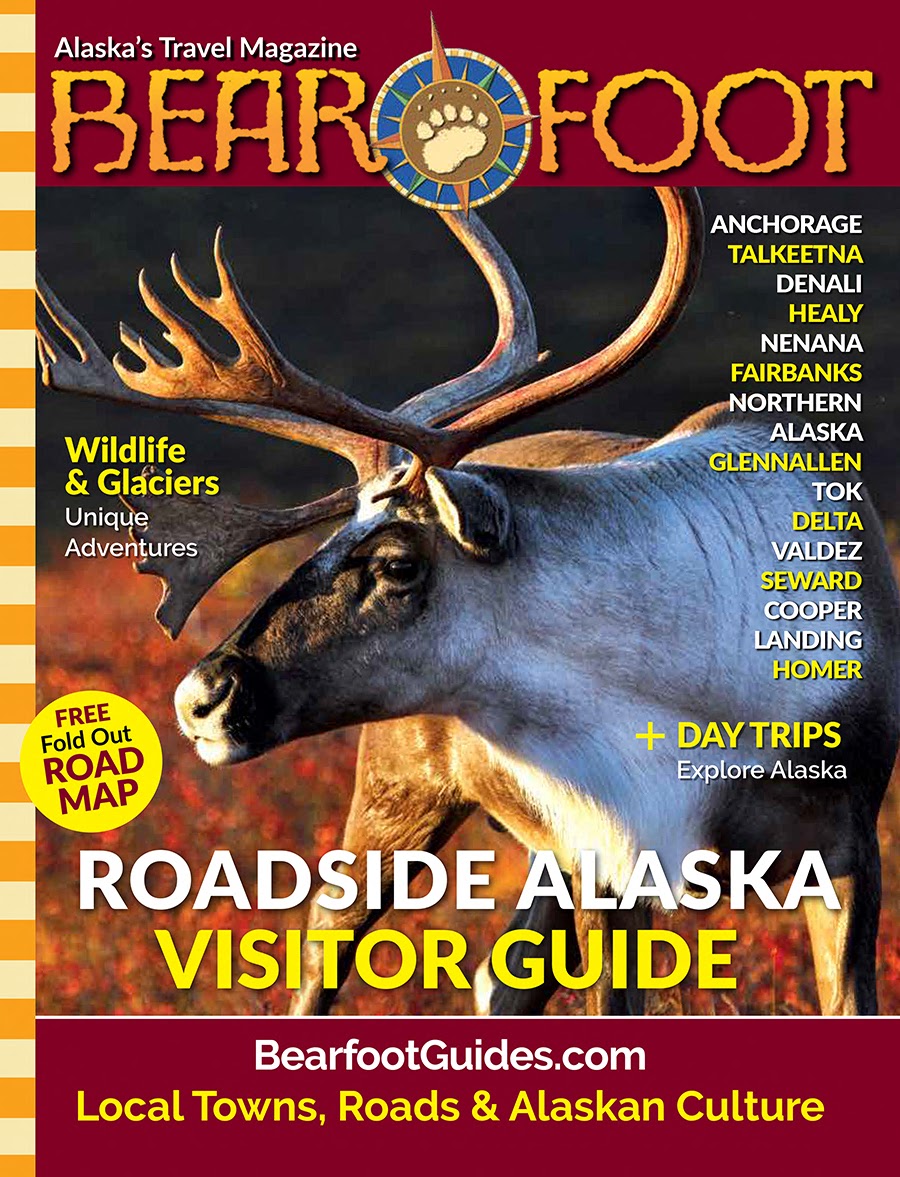Katie John of Mentasta's Singular Efforts Stand, Says 9th U.S. Circuit Court
FROM THE ALASKA BEACON https://alaskabeacon.com/ Federal appeals court preserves Alaska’s two-tier system for subsistence fishing manageme...
FROM THE ALASKA BEACON
https://alaskabeacon.com/
Federal appeals court preserves Alaska’s two-tier system for subsistence fishing management
State attorneys had argued for a new interpretation after recent U.S. Supreme Court decisions

Salmon dries in Quinhagak, Alaska, in July 2023. (Photo by Alice Bailey/University of Alaska Fairbanks)
Alaska’s current subsistence fishing program can continue without changes, according to a Wednesday opinion by a three-judge panel of the 9th U.S. Circuit Court of Appeals.
The ruling allows the federal government to continue offering preferential fishing rights to rural Alaskans — mostly Alaska Natives — who live a subsistence lifestyle.
That preference exists only in public waters under federal control, not in state waters, because federal law requires the preference but the Alaska Constitution forbids state officials from implementing it.
In their 40-page opinion, the judges said that recent U.S. Supreme Court rulings do not mandate a change in the way the state and federal governments split management of fish and game in Alaska.
Alaska Attorney General Treg Taylor said in an emailed statement that he was disappointed but not surprised by the appeals court’s decision and implied that the issue will be appealed to the U.S. Supreme Court.
Attorneys representing the state of Alaska had argued that new Supreme Court precedents — in particular, a 2019 case involving an Alaska man and his hovercraft — mean that the state alone has the power to manage subsistence fishing in Alaska’s navigable waters.
In 2021, attempting to implement that belief, the state issued fishing orders on the Kuskokwim River that contradicted the instructions of federal managers. The federal government sued the state the following year, and Alaska Native groups, including the Alaska Federation of Natives, sided with the federal government. Last year, U.S. District Court Judge Sharon Gleason ruled in the federal government’s favor, but the state appealed to the 9th Circuit.
A ruling in the state’s favor would have ended the so-called Katie John system, named after an Alaska Native woman who served as the lead plaintiff in three key court decisions that define how Alaska fish and game are managed today.
“Although Katie John, the Ahtna woman who advocated for subsistence fishing rights on behalf of Alaska Natives, has since passed away, the precedent that bears her name lives on,” wrote Judge Consuelo Callahan, a George W. Bush appointee, on behalf of the three-judge panel.
At the core of the issue is whether the federal government or the state of Alaska have authority to regulate fishing in navigable waters that flow through federal parks, preserves and reserves.
In 2019, the U.S. Supreme Court ruled that the federal government could not prevent a man named John Sturgeon from using his hovercraft on the Nation River, located within the Yukon-Charley Rivers National Preserve, because the river didn’t count as “public land” under the 1980 Alaska National Interest Lands Conservation Act.
At the time, the court said in a footnote to that decision that the Katie John decisions, which settled subsistence management, were “not at issue in this case, and we therefore do not disturb the Ninth Circuit’s holdings that the Park Service may regulate subsistence fishing on navigable waters.”
Sturgeon himself told the Anchorage Daily News that he was glad that his case didn’t touch on Katie John.
But within two years, the state was preparing to take unilateral control over subsistence fishing on rural rivers within parks and preserves, and in particular the Kuskokwim River, where federal fisheries managers had restricted fishing due to low returns.
They imposed fishing limitations. The state didn’t. That mattered because under the state’s rules, anyone in Alaska has subsistence fishing rights. An Alaska resident who flies from Anchorage to Bethel to fish has the same right to fish as someone who lives in Bethel. Under the federal system, the person in Bethel has priority.
Alaska Native groups were alarmed. After the federal government filed suit, the Kuskokwim River Intertribal Fish Commission intervened on the side of the federal government, as did the Association of Village Council Presidents, which represents tribal governments throughout Southwest Alaska.
Ahtna Inc., the regional Native Corp. in the eastern Interior, also intervened even though it had no direct connection to the Kuskokwim River fishery. Instead, it feared broader implications across the state.
So too did the Alaska Federation of Natives, which joined the case later.
Nathaniel Amdur-Clark, who represented the intertribal fish commission, called Wednesday’s opinion “a really big win for tribes and for Alaska Native people” because the federal government can offer the rural subsistence preference and because the federal government has traditionally managed fisheries with extensive tribal input.
The Alaska Constitution requires “maximum sustained yield” for fisheries, and Amdur-Clark said that tends to favor commercial and recreational fishermen, not subsistence users.
“Continuing federal management is akin to — or also includes — continuing tribal management, and that’s a really good thing,” Amdur-Clark said.
While the lawsuit only involved navigable waters, Amdur-Clark said that’s where the majority of subsistence fishing takes place.
Erin Dougherty Lynch, an attorney with the Native American Rights Fund, represented the Association of Village Council Presidents and some other plaintiffs.
She said it’s important to see the case as part of a broader trend with the state, which has also sought to curtail subsistence hunting management by the federal government.
“This case is situated within their statehood defense project. It’s a series of cases they’ve intentionally brought to push back against the federal government,” she said.
Among the attorneys representing the state is John Michael Connolly of Consovoy McCarthy, a national firm hired by the state at high cost for its expertise at the U.S. Supreme Court.
Scott Kendall, an attorney representing the Alaska Federation of Natives, said that he hasn’t heard anything from the state directly, “but we have every reason to believe they intend to take this on (to the Supreme Court). I think the state should probably let it be, because it’s been this way for decades. People are relatively satisfied, and that’s been the law of the land, but we won’t be surprised if the state continues.”
Taylor, the attorney general, is resigning on Aug. 29 and is expected to announce a run for governor in the near future.
About the case, he said by email, “Although the 9th Circuit clearly recognized that prior case law is inconsistent with the recent Supreme Court case, it was unwilling to do the hard work of actually overturning its own case law and properly reconciling the meaning of ‘public lands’ in ANILCA. This continues the unworkable dual management approach to our fisheries to the detriment of sustainable management of our fisheries for all rural subsistence users. The fish don’t adhere to borders, and our fisheries management shouldn’t either. I am disappointed but not surprised. We always knew this case would need to be decided at the highest level.”















